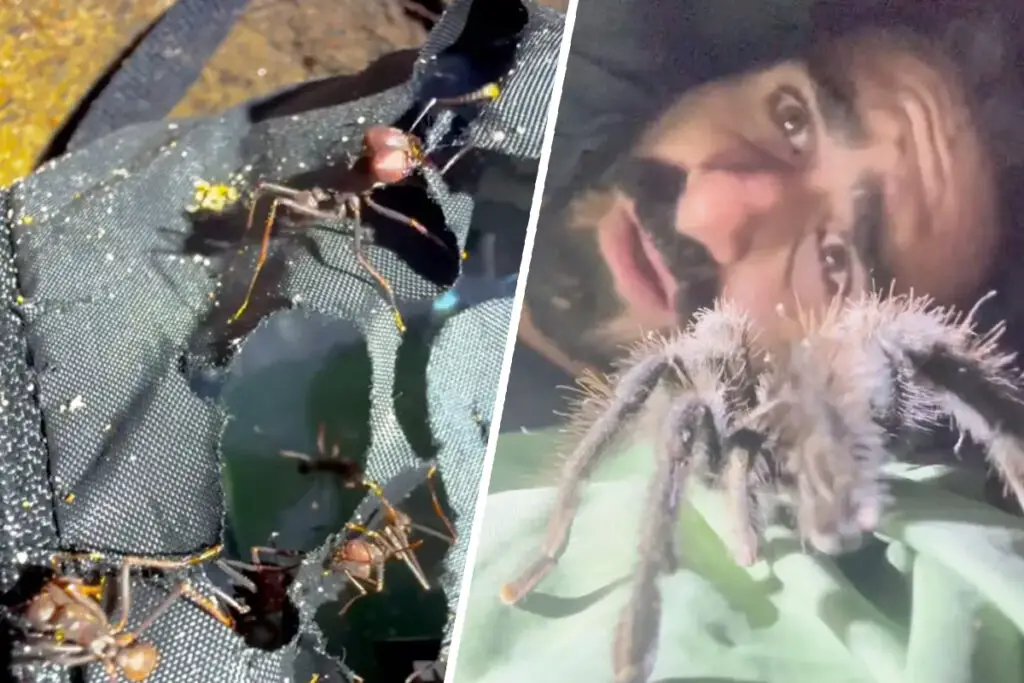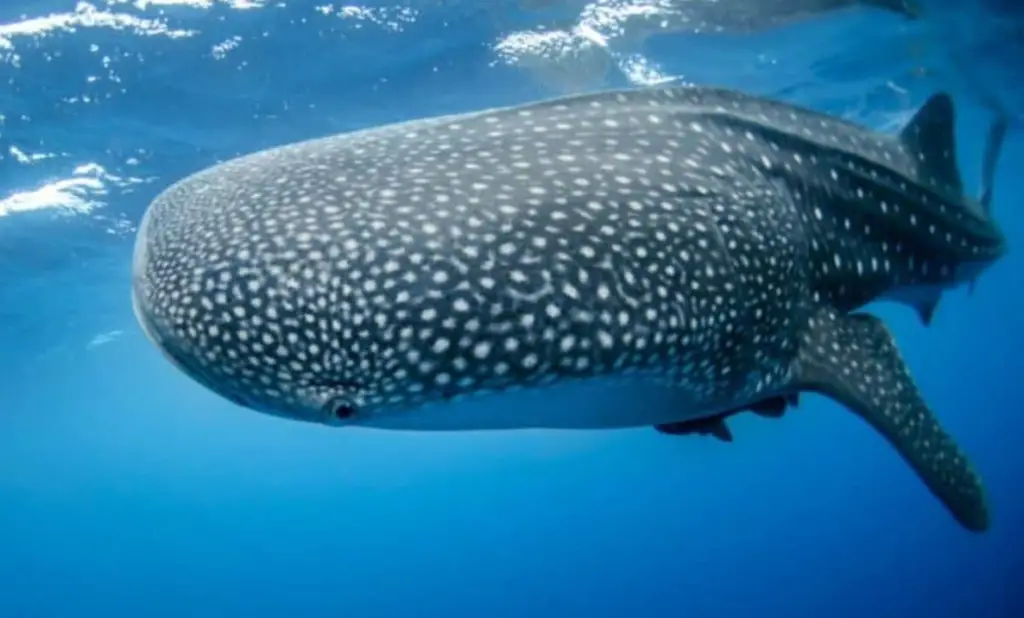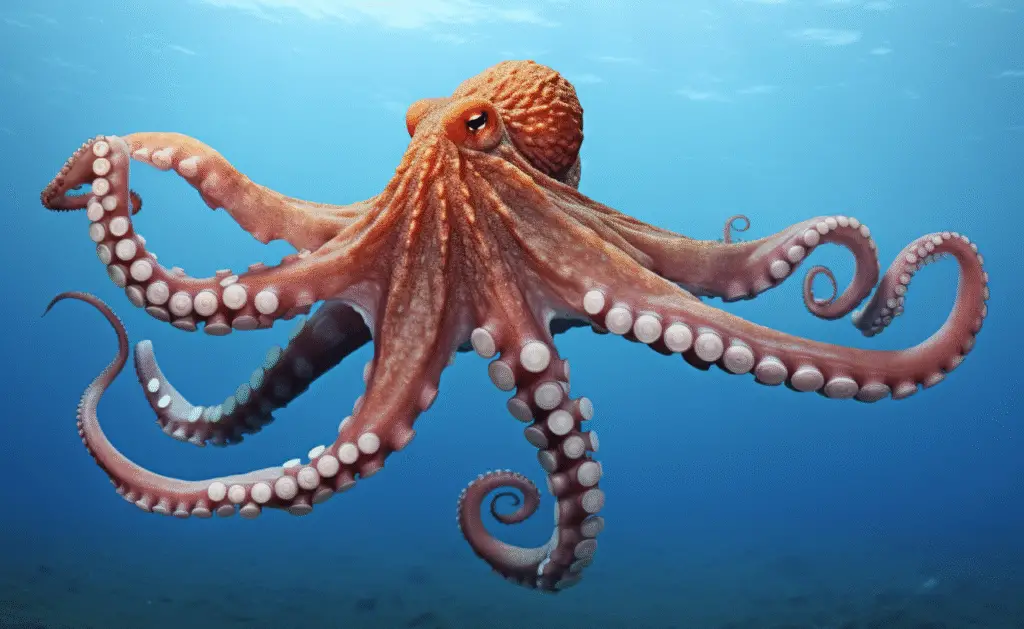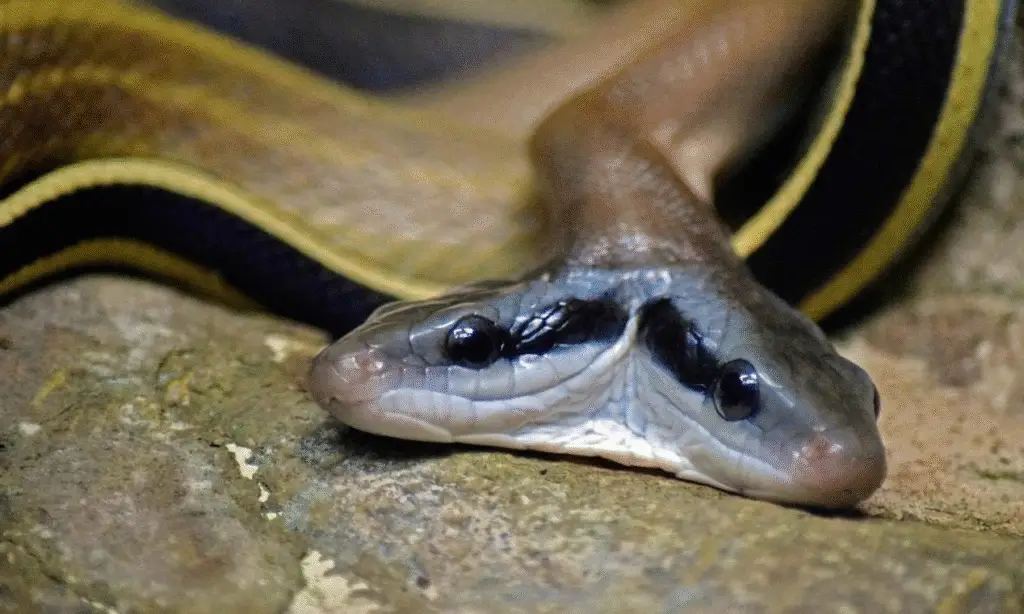Octopuses Might Be Capable of Starting the Next Civilization If Humans Go Extinct

Picture this: humanity’s gone, maybe due to climate change or some sci-fi catastrophe, and the oceans are buzzing with activity.
Not from fish or whales, but from octopuses—those eight-armed wonders you might know from aquariums or sushi menus.
According to Tim Coulson, a biologist from the University of Oxford, these slippery creatures might just have what it takes to build the next civilization.
It’s a wild idea, but let’s unpack why it’s not as crazy as it sounds.
The Case for Octopuses
Octopuses are no strangers to survival.
With over 300 species, they thrive in environments as varied as deep-sea trenches and shallow coastal waters.
This diversity, Coulson argues, gives them a leg up—or rather, an arm up—over humans, who are just one species with a narrower range of habitats.
“There are very many species of octopus, not one species [like] humans,” Coulson told The European.
If some populations struggle, others could adapt, evolve, and maybe even dominate.
Their intelligence is what really makes you sit up and take notice.
Octopuses have been spotted using tools in the wild, like carrying coconut shells as makeshift armor or shelter.
In labs, they’ve solved mazes and even escaped tanks to raid food supplies or visit neighbors.
I mean, who hasn’t heard of an octopus pulling a Houdini? This isn’t just animal instinct—it’s problem-solving that rivals some of the smartest creatures on land.
A Brain Like No Other
What’s behind this brainpower? It’s not a brain in the way we think of it.
Octopuses have a decentralized nervous system, with a dense network of neurons spread across their eight arms.
Andy Dobson, a professor at Princeton University, calls it “more a massive data processing center” than a traditional brain.
Each arm can act almost independently, making octopuses incredibly dexterous.
Imagine trying to juggle with eight hands while solving a puzzle—that’s the kind of multitasking we’re talking about.
This unique setup gives them an edge over other intelligent animals, like crows, which can bend wires to fetch food but don’t have the same multi-limbed coordination.
“They’re highly dexterous [and] able to use their eight limbs to manipulate all sorts of objects,” Coulson notes.
It’s not hard to see why he thinks they could, in theory, build complex tools or structures.
The Social Stumbling Block
Here’s where things get tricky. Building a civilization isn’t just about smarts or dexterity—it’s about working together.
Octopuses, frankly, aren’t great at that. They’re known for being solitary, sometimes even cannibalistic.
Unlike humans, who rely on social bonds and shared knowledge, octopuses tend to fend for themselves from birth.
Peter Godfrey-Smith, a professor at the University of Sydney, puts it bluntly: “Octopuses are not well set up to build a human-like society because of their social habits.”
But there’s hope. Some species, like the short-arm octopus, have been observed living in small groups of ten or more, hinting at a potential shift toward social behavior (Taylor & Francis).
If they could develop a culture of learning from one another, like humans or dolphins do, they might start passing down knowledge.
That’s a big “if,” though, and it could take hundreds of thousands of years.
Powering an Underwater Atlantis
Even if octopuses get chummy, they’d need energy to fuel their hypothetical underwater cities.
Coulson suggests coastal species could harness tidal power, while deep-sea ones might tap into hydrothermal vents.
It’s a cool concept—imagine octopuses engineering power plants in the ocean depths—but it’s still firmly in sci-fi territory.
Building infrastructure underwater is no small feat, and we’re talking about creatures that currently use rocks and shells, not steel and circuits.
Their short lifespan, typically 1.5 to 5 years, could actually help.
According to Earth.com, their quick intellectual maturity might speed up evolutionary changes.
Unlike humans, who take years to reach mental maturity, octopuses hit the ground running.
This could give them a faster track to developing complex behaviors, though it’s still a long shot.
Humanity’s Role in Their Future
Here’s the not-so-fun part: we might be screwing things up for them.
Pollution, overfishing, ocean warming, and microplastics are hitting marine life hard, and octopuses aren’t immune.
Dobson warns that these human-made challenges could stifle their evolutionary potential before they even get a chance to shine.
If we want octopuses to have a shot at ruling the seas, we might need to ease up on the environmental damage.
It’s a bit ironic, isn’t it? We’re eating octopuses, polluting their homes, and yet they might be the ones to pick up the pieces if we disappear.
Maybe it’s time we gave these eight-armed geniuses a little more respect.
Other Contenders for the Throne
Octopuses aren’t the only ones in the running.
Dobson bets on nematodes—tiny, ubiquitous worms that thrive in nearly every environment.
They’re not exactly charismatic, but their resilience is unmatched.
Meanwhile, Godfrey-Smith has his money on cockatoos, those clever parrots known for tool use and social smarts.
Both are strong candidates, which shows just how open-ended this debate is.
Evolution doesn’t play favorites, and predicting the next dominant species is like betting on a cosmic lottery.
A Glimpse into the Future
The idea of octopus cities rising from the ocean floor is, admittedly, a stretch.
They’re unlikely to evolve onto land, lacking a skeleton to support them against gravity (Earth.com).
But the ocean is vast, and who’s to say an Atlantis-like civilization couldn’t emerge? Their ability to hunt diverse prey—clams, shrimp, even sharks—shows they’re adaptable enough to survive tough conditions.
Coulson’s vision isn’t about certainty; it’s about possibility. “Their advanced cognition, tool use, and adaptability provide a blueprint for what might emerge as the planet’s next intelligent species,” he told The Times of India.
It might take millions of years, but life has a way of surprising us.
Why This Matters
This isn’t just a fun thought experiment—it’s a reminder of life’s resilience.
Earth has seen five mass extinctions, from the dinosaurs’ fiery end 65 million years ago to earlier cataclysms.
Each time, new species rose to fill the gaps.
If humanity’s time ends, whether through war, climate change, or something else, octopuses could be waiting in the wings. Or, you know, the tentacles.
For now, they’re the ocean’s quiet geniuses, carrying coconut shells and plotting their next escape.
Whether they’ll build skyscrapers or just keep being their awesome, eight-armed selves, one thing’s clear: octopuses are full of surprises.
































